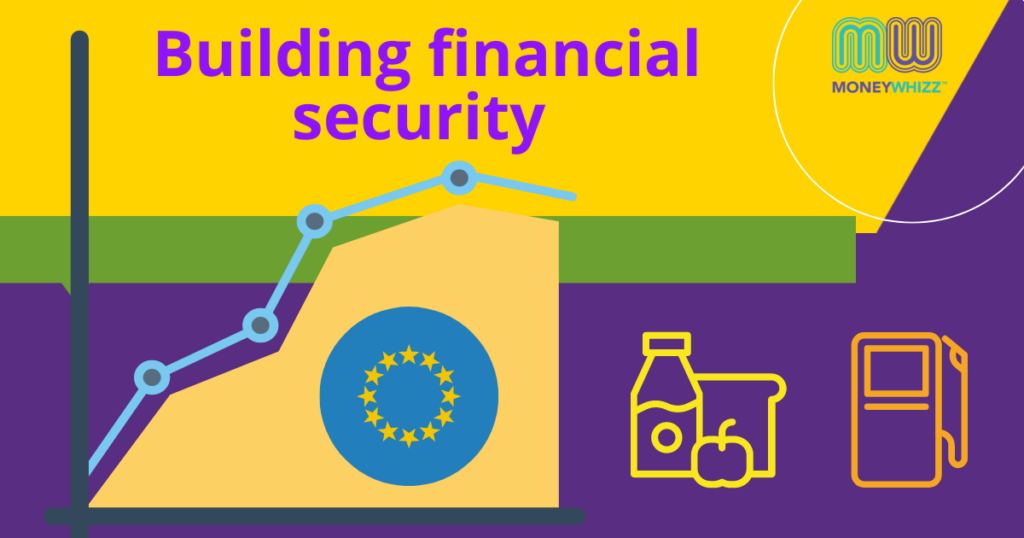Whether or not banks increase deposit rates will not make a whole lot of difference to savers. Even if banks or the State increase yields on savings accounts or State Bonds, they would probably be only a fraction of what inflation is presently. Besides, the current kerfuffle on deposit rates is more about reminding the banks who is boss than it is about helping Irish families build financial security.
Unfortunately, Ireland is fast becoming one the least banked countries in the EU. Less banking options doesn’t impact those with wealth, it impacts those looking to create it. A case in point is the mortgage market in Ireland. For example, about the same number of mortgages were draw down in Ireland in 2022 as in 1988. This is despite the fact the population here has risen by about 43%. Put another way, there are over 1,500,000 more people living in Ireland today than in 1988 and the same number of mortgages are being drawn down. Mortgage drawdowns should probably be in the 60,000 range, not the 36,000 range where they sit presently (omitting mortgages for switching and top-up). Putting aside the mass migration out of the country for a second, Ireland in 1988 was still able to support a greater proportion of its citizens to buy a home, have security of tenure, and build financial resilience than is the case today.
But buying homes is not the only way of building personal financial security. Other options exist and Ireland is home to some of the best in the world. Unfortunately, taking advantage of this is where challenges begin.
Investing hierarchy

Where the personal finance system can be amended.
- Reduce tax on diversified investing – the tax on Exchange Traded Funds (and other funds) is currently 41%. Ireland is home to an extraordinary number of ETF’s. But the ETF ecosystem is a lot like a gated community here where the local population is unable to access due to unfriendly tax implications. Tax on gains could be reduced to 20%, especially if they are held over the long term.
- Modernise tax-free thresholds – the threshold on tax-free gains on investments has not changed in decades. It is €1,270, which is £1,000 in old money. This is surely well passed its sell-by date. An upper limit of €20,000 would be a more reasonable threshold for today’s would-be investor. Plus, with fewer options for thirty-somethings to buy a home, this is one way of building some amount of personal financial security in a diversified way, especially if they are opting for highly diversified funds and portfolios.
- Increase tax on speculation – it’s time to align the tax on gains with the risk they pose to investors. An upper-end 60% would not be unreasonable where the gains are realised within a 12-month period. Highly speculative investments have a place in the investment hierarchy. Crypto exchanges are just one example. But the anomaly where they are taxed at 33% on gains compared to the 41% on diversified funds makes little sense. It’s as if would be investors are being directed into the riskiest investment classes so that they get burned and don’t try it again!
In a recent MoneyWhizz poll, a significant number of 30-somethings expressed concern about financial resilience.
Building financial resilience can be achieved in a number of ways, savings and investing can play an important role, but the tax applied needs to be modernised.


Comments are closed.